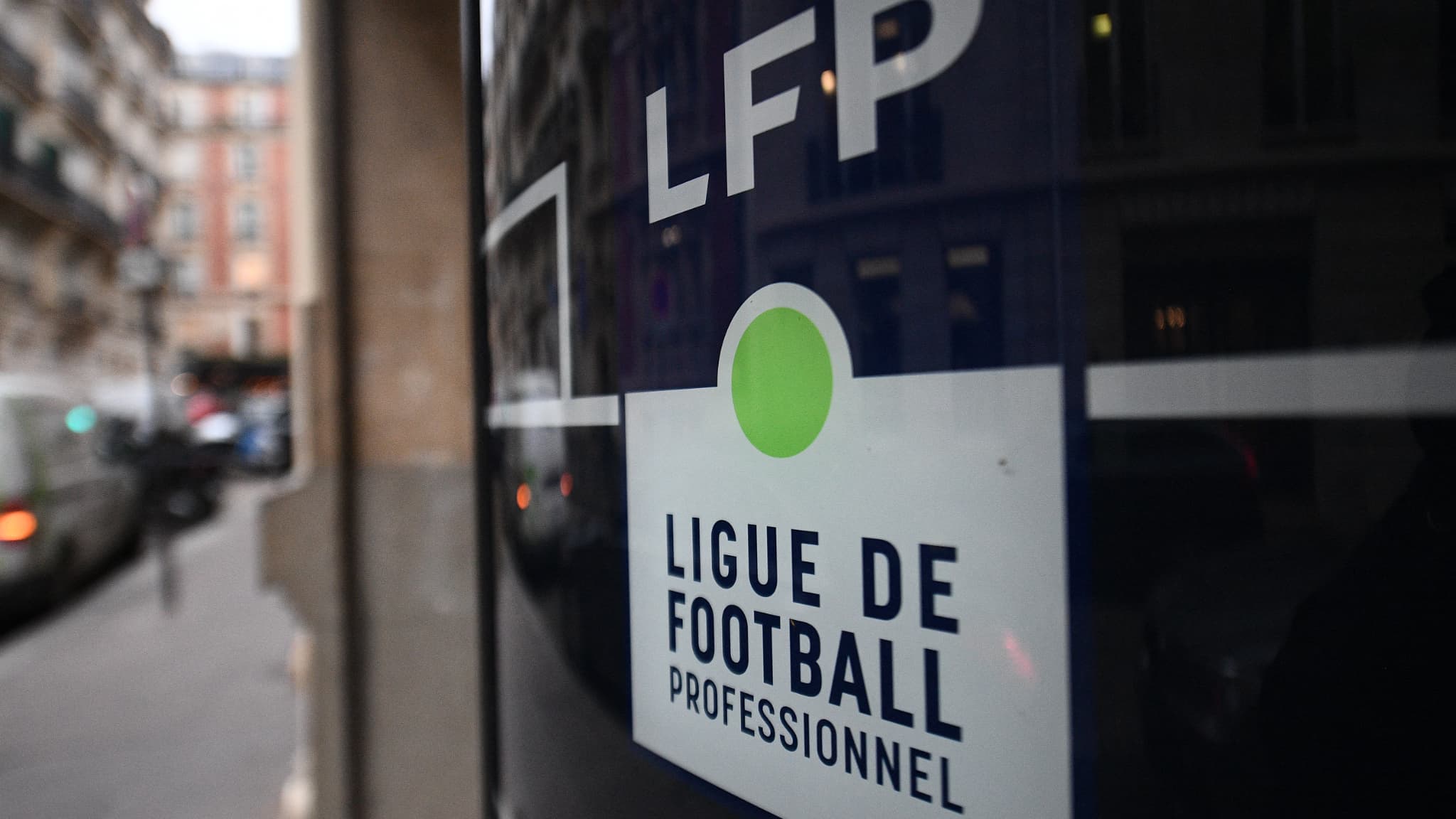The overall deficit of French football clubs was 250 million euros for the 2023-24 season, reveals the president of the National Directorate of Management Control (DNCG), Jean-Marc Mickeler, in an interview posted online Friday evening by The Team.
In a long interview given to the daily L’Equipethe boss of the National Directorate of Management Control (DNCG) Jean-Marc Mickeler draws up the financial picture of French football. And it’s not shiny.
As of June 30, 2024, he announced, the operating loss of French clubs was “of the order of one billion euros, offset by very good sales with 830 million euros of capital gains on sales of players”.
“Which generates a net loss of around 250 million euros (150 in L1, 100 in L2),” he explains. The boss of the financial policeman of French football calls on clubs to quickly tackle their payroll.
“At the DNCG, we think in any case that the absolute priority for our clubs between now and next May is to reduce payrolls,” he said, explaining that they are in proportions well above the European average (“ When we look at all the clubs monitored by UEFA, he indicates, there is a payroll/income ratio of 53%. In France, it is 67%.”)
A drop in TV rights “neither surprising nor exceptional”
Asked to say if he fears bankruptcies, he replies: “The DNCG is concerned. It shares this concern with the managers and shareholders of the clubs.” “Money is not everything. Everyone will have to be convinced of that. The economic model as it existed is dead.”
Because, he specifies, losses should further increase this season due to the decline in revenue, particularly linked to the expiry of sums owed by the CVC investment fund, partner of the League, and to the reduction in TV rights. The revenues brought to French football by CVC, which acquired 13% of the commercial subsidiary of the LFP in exchange for a total sum of 1.5 billion euros, will fall as expected this season, where the clubs “do not will have more than the balance, i.e. 136 million euros.
Regarding the reduction in TV rights, sold to the DAZN platform and beIN Sports compared to around 500 million euros per season for their domestic component, he believes that it is “neither surprising nor exceptional” given the global context. “The net rights deficit (TV) will amount to 96 million for the 2024-2025 season. This amount, although significant, should not plunge French football into an existential crisis if the economic model remains under control,” estimates he.
Beyond player salaries, what other operational expenses contribute significantly to the financial strain on French football clubs, and how can these be addressed to improve their financial outlook?
## World Today News Interview: The Financial State of French Football
**Introduction:**
Welcome to World Today News. Today, we delve into the financial challenges facing French football clubs, exploring recent revelations by Jean-Marc Mickeler, president of the National Directorate of Management Control (DNCG). Joining us are two esteemed guests: [Guest 1 Name and Expertise] and [Guest 2 Name and Expertise].
**Section 1: The Current Financial Landscape**
* **Question for both guests:** Mr. Mickeler paints a concerning picture of French football’s finances, with a projected net loss of €250 million. Do you agree with his assessment, and what factors contribute to this significant deficit?
* **Follow-up for Guest 1:**
How does this financial situation compare to other European football leagues?
* **Follow-up for Guest 2:**
What are the potential long-term consequences if this trend continues unchecked?
**Section 2: The Payroll Challenge**
* **Question for both guests:** Mr. Mickeler emphasizes the need to reduce payroll expenditures as a priority. How feasible is this in the current climate, considering clubs’ reliance on salaries to attract top talent?
* **Follow-up for Guest 1:**
What strategies could be implemented to balance competitive ambitions with financial sustainability?
* **Follow-up for Guest 2:**
Are there alternative revenue streams that French clubs could explore to alleviate their dependence on player sales?
**Section 3: The Impact of Declining Revenues**
* **Question for both guests:** The article highlights the reduction in TV rights revenue and the decline in CVC investment as contributing factors to the financial strain. How can French football mitigate the impact of these losses?
* **Follow-up for Guest 1:**
Should French football explore alternative broadcasting models or partnerships to secure more stable revenue streams?
* **Follow-up for Guest 2:**
How can clubs adapt their business models and operations to become more financially resilient in the face of fluctuating revenue?
**Section 4: The Future of French Football**
* **Question for both guests:** Mr. Mickeler suggests that the previous economic model in French football is dead. What does this mean for the future of the sport in France?
* **Follow-up for Guest 1:**
Can French football remain competitive on a European level while addressing its financial challenges?
* **Follow-up for Guest 2:**
What role do stakeholders, including clubs, the LFP, and fans, need to play in ensuring a sustainable and prosperous future for French football?
**Conclusion:**
We thank our guests for their insightful contributions to this critical discussion on the financial state of French football. This is undoubtedly a challenging period for the sport, but it also presents an opportunity for innovation, adaptation, and a renewed focus on long-term sustainability.


